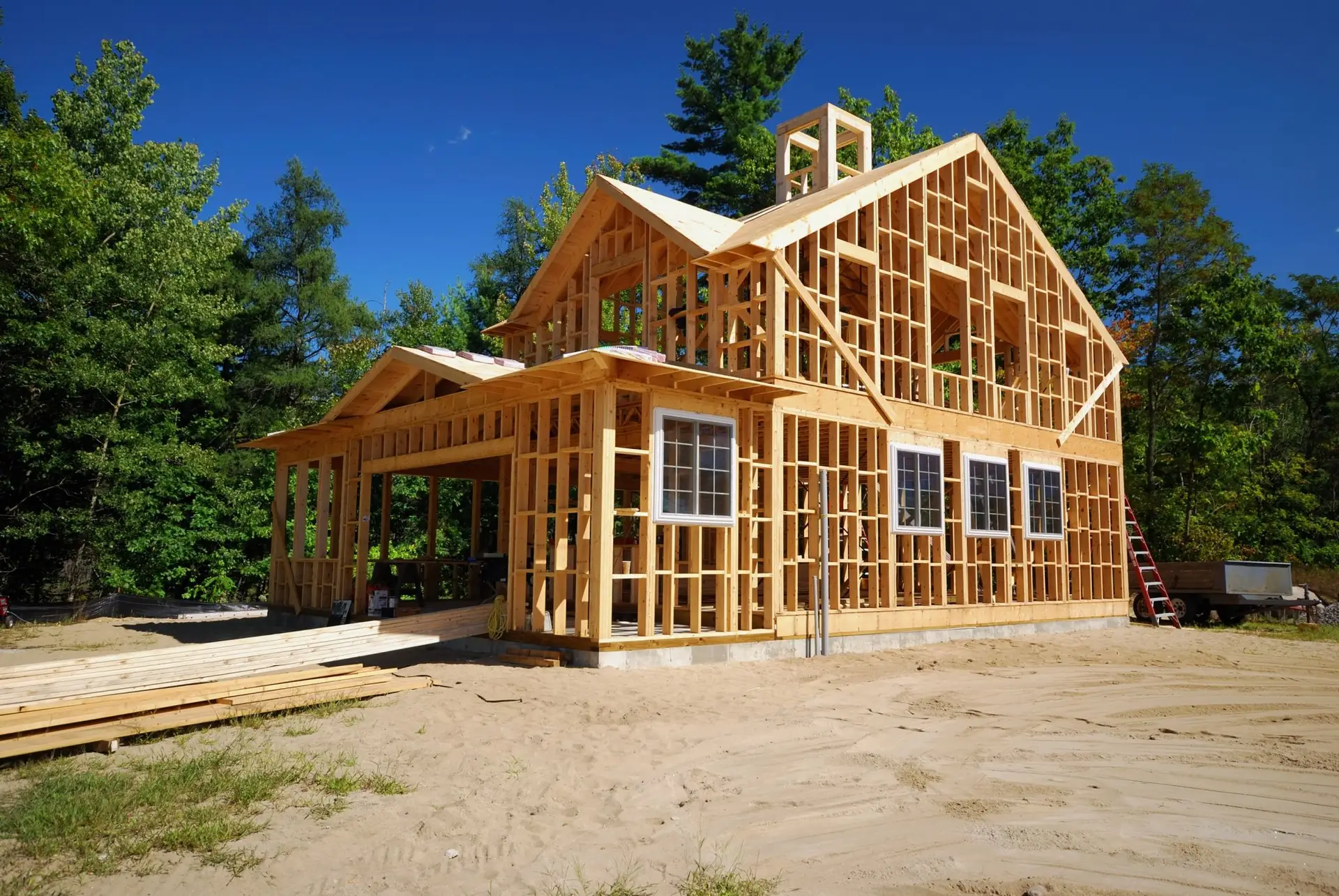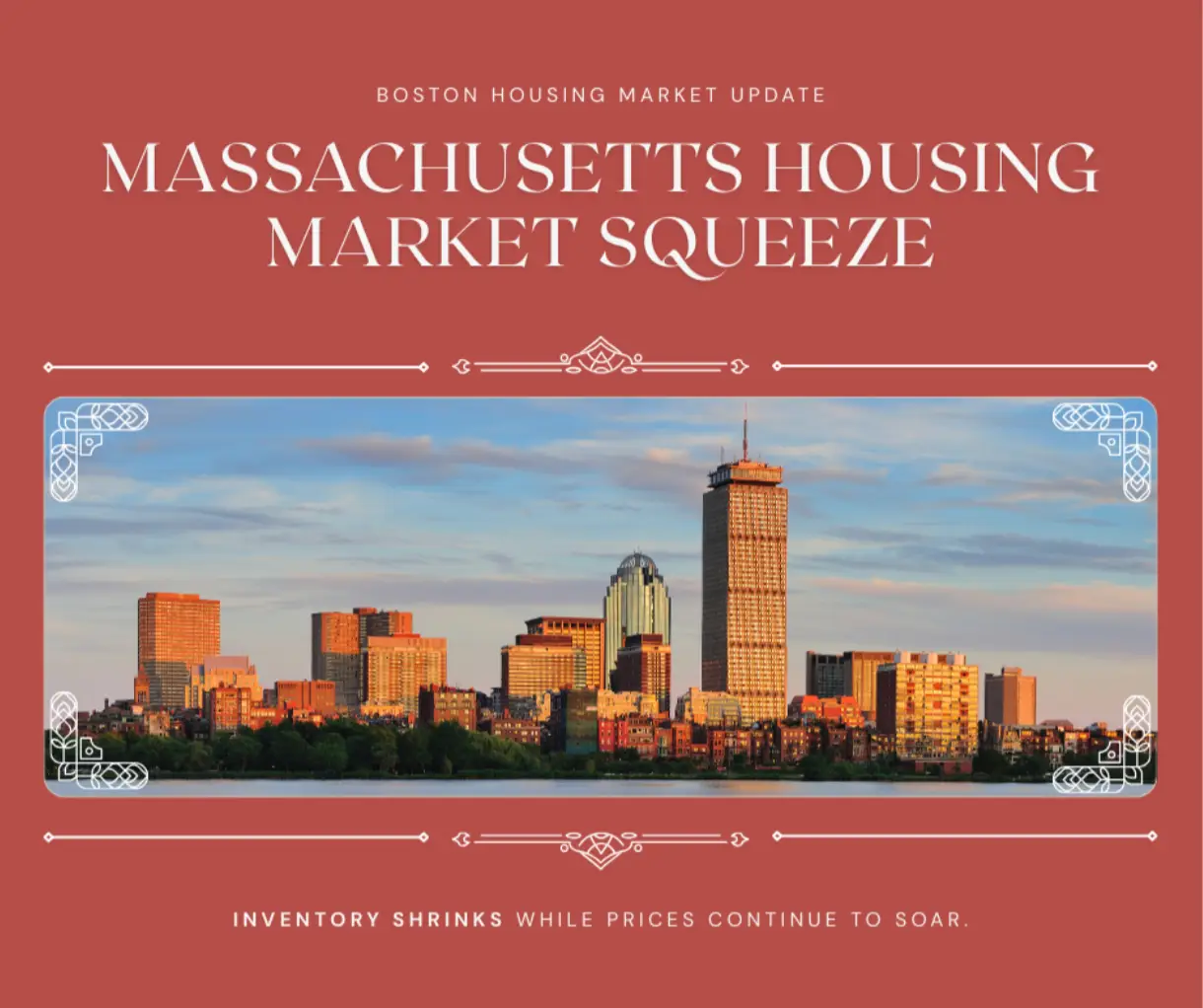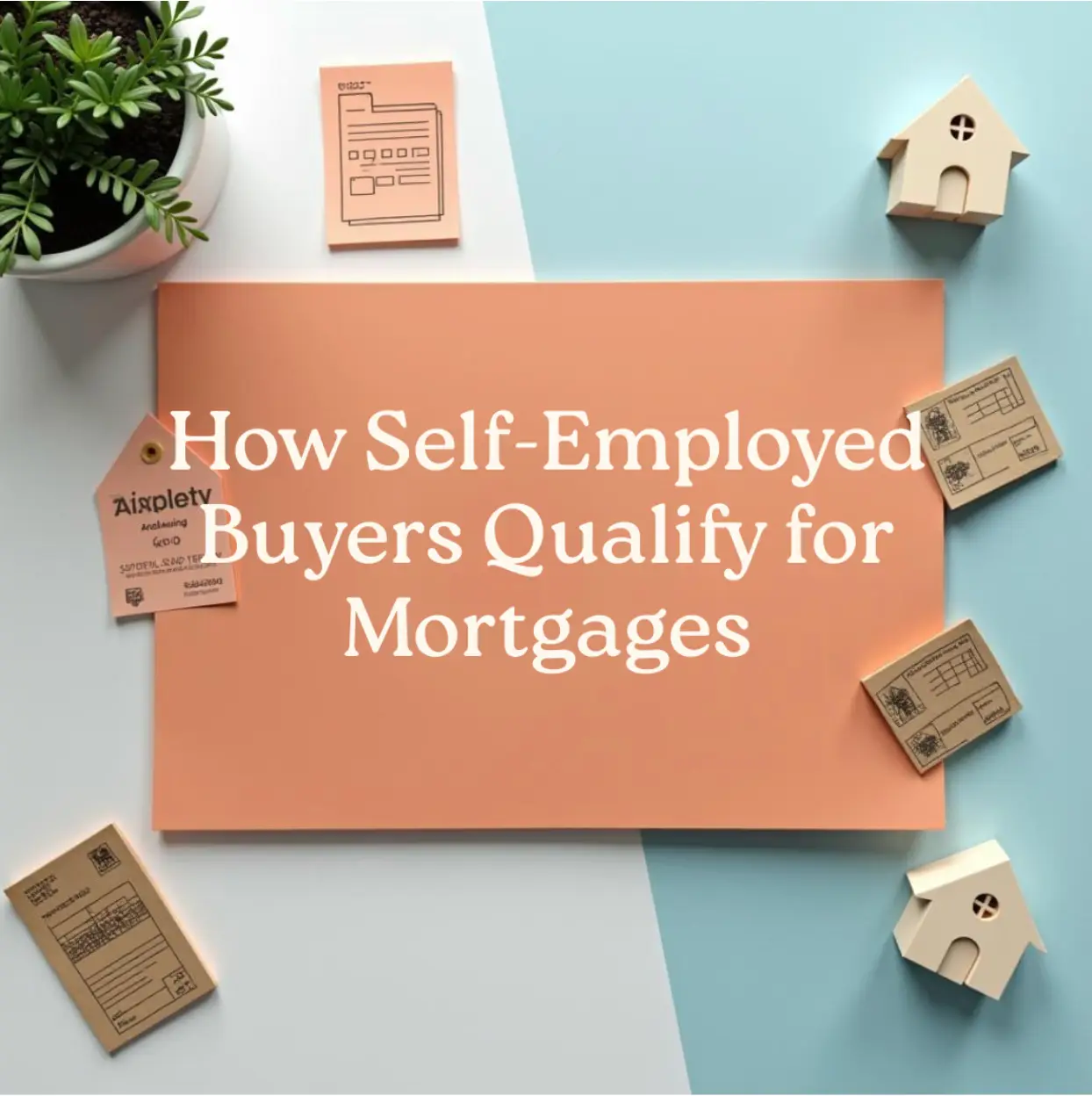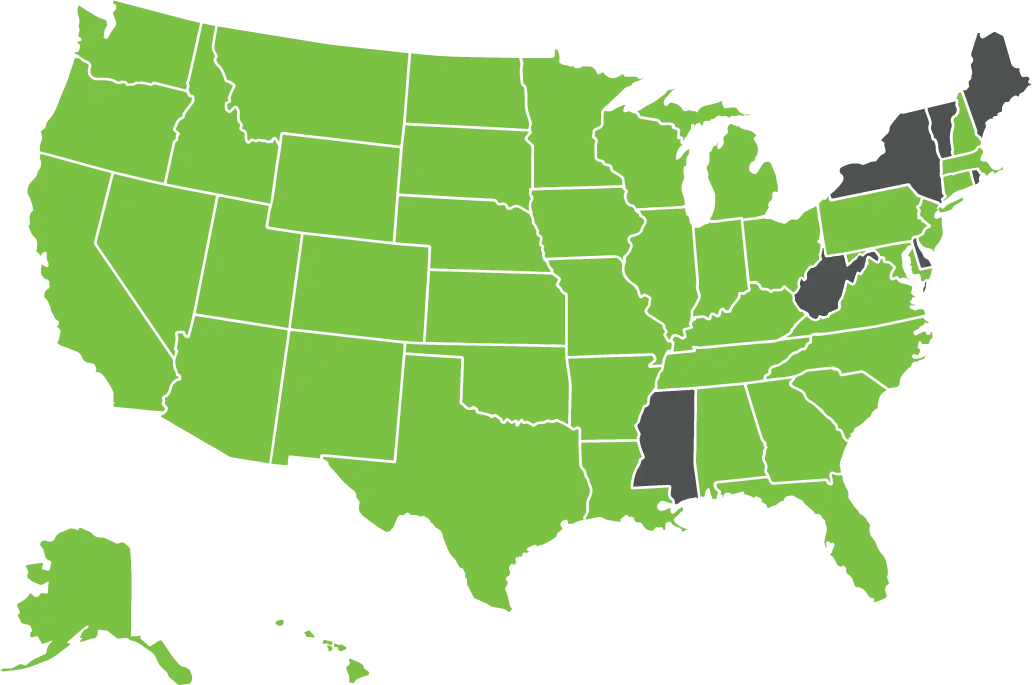A DSCR loan, which stands for Debt Service Coverage Ratio loan, is a mortgage program created for investors. Instead of focusing on your personal income, lenders look at whether the rental income from the property is enough to cover the monthly loan payment.
In other words, they want to see if the property can pay for itself. If the rental income is equal to or greater than the mortgage and other property-related expenses, you may qualify for this type of loan.
DSCR loans are ideal for investors who want to grow their rental portfolio, especially if they are self-employed or prefer not to use traditional income documents like tax returns or pay stubs. It is a flexible option that focuses on the strength of the investment, not your personal income.
What Is a Good DSCR?
The minimum DSCR (Debt Service Coverage Ratio) required for a loan can vary depending on the lender and overall market conditions. Some lenders offer zero ratio or no ratio loan options, meaning the rental income amount does not need to meet a specific threshold. However, these programs often require a larger down payment, typically 25% or more.
In most cases, lenders prefer to see a DSCR of at least 1.25, which indicates that the property’s rental income is 25% higher than the total monthly expenses, including the mortgage payment.
Even if your DSCR falls below that number, you may still qualify by demonstrating your ability to repay in other ways. For example, some borrowers use personal income documentation or other compensating factors. At Everyday Lending Group, we also allow borrowers to use existing assets to help meet debt coverage requirements. This is just one of the many flexible solutions we offer to support real estate investors with unique financial situations.
How Is DSCR Different from Other Financial Ratios?
While DSCR is a key ratio used to evaluate loan eligibility for real estate investors, it’s not the only one lenders may consider. Depending on the loan type and borrower profile, other financial ratios can come into play. Here are a few you might come across:
Interest Coverage Ratio
This ratio compares a borrower’s earnings to the amount of interest they owe on outstanding debt. Rather than looking at total debt, it focuses only on interest payments. It helps lenders assess whether a borrower generates enough profit to cover interest expenses comfortably.
Asset Coverage Ratio
This ratio measures how well a borrower could repay debts by liquidating assets. It evaluates whether the value of owned assets is enough to meet outstanding financial obligations if needed.
Cash Coverage Ratio
The cash coverage ratio looks at a borrower’s available cash and short-term assets to determine if they have enough liquidity to cover debt payments without relying on future income.
Each of these ratios serves a different purpose, but DSCR remains the most relevant for real estate investors since it focuses on the property’s income potential rather than personal financials alone.
Get Pre-Approved for a DSCR Loan Today
At Everyday Lending Group, we help real estate investors qualify for financing based on the income generated by their properties rather than personal income. DSCR loans are a powerful tool for building or expanding your investment portfolio, especially if you’re looking for a more flexible qualification path.
Our team will calculate your Debt Service Coverage Ratio and walk you through your financing options, helping you understand how much you may be eligible to borrow. When you’re ready to move forward, we’ll guide you through the entire process from application to closing.
Connect with Everyday Lending Group today to learn more about how a DSCR loan can support your investment goals.




















































